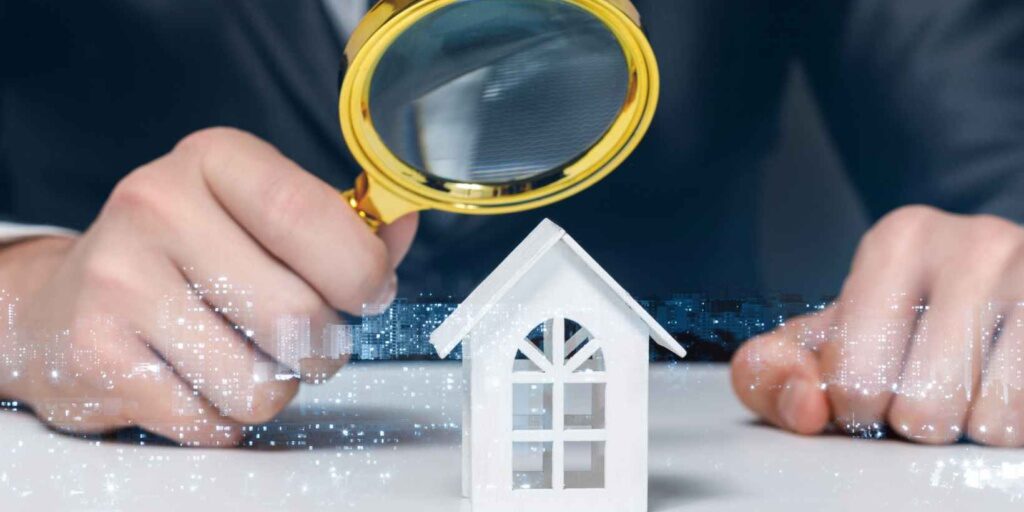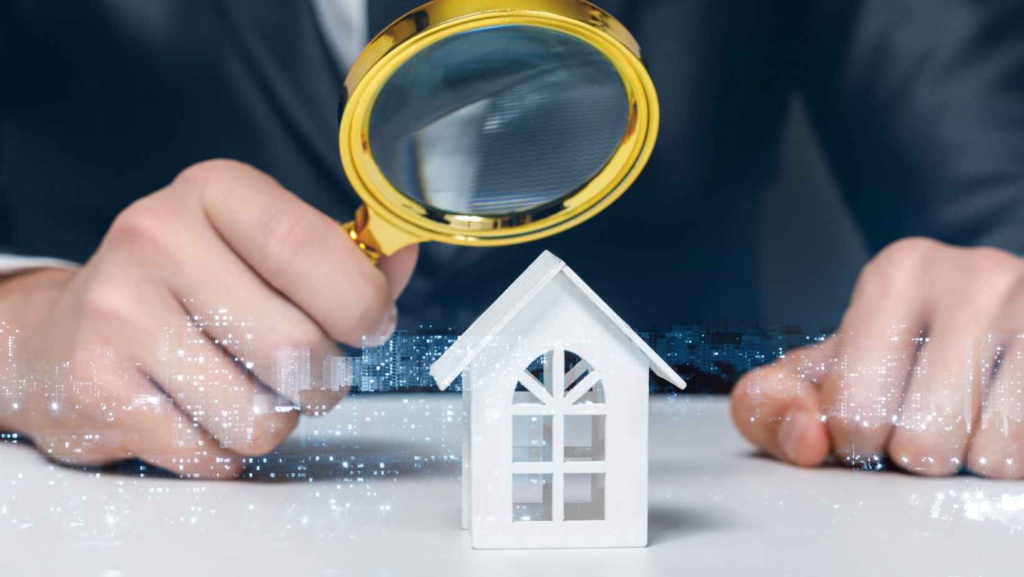Introduction
Buying a home is a big investment, and you want to make sure you are getting a good deal. One of the worst things that can happen is to buy a problem property. A problem property is a home that has one or more major defects that could cost you a lot of money to fix.
There are many different types of problem properties, but some of the most common include:
- Homes with structural damage
- Homes with mold or other environmental hazards
- Homes with code violations
- Homes that are in floodplains or other areas at risk of natural disasters
- Homes that are located near noisy or polluting businesses
If you are thinking about buying a home, it is important to do your research and avoid buying a problem property. Here are some tips to help you avoid buying a problem property:
- Get a home inspection. A home inspection is a thorough examination of the home by a qualified professional. The inspector will look for any defects in the home’s structure, plumbing, electrical system, and other systems.
- Check the property’s history. You can get a copy of the property’s title report from the county recorder’s office. The title report will show you any liens or other encumbrances on the property.
- Talk to the neighbors. The neighbors can tell you about any problems they have had with the property.
- Do a drive-by inspection. Take a drive by the property at different times of day to see if you notice any problems.
What is a Problem Property?
A problem property is a home that has one or more major defects that could cost you a lot of money to fix. Some of the most common types of problem properties include:
- Homes with structural damage
- Homes with mold or other environmental hazards
- Homes with code violations
- Homes that are in floodplains or other areas at risk of natural disasters
- Homes that are located near noisy or polluting businesses
Comparison Chart of Different Types of Problem Properties
| Type of Problem Property | Description |
|---|---|
| Structural damage | This includes damage to the home’s foundation, framing, or other structural elements. Structural damage can be very expensive to repair. |
| Mold or other environmental hazards | This includes mold, radon, lead paint, and other environmental hazards that can pose a health risk to the occupants of the home. |
| Code violations | This includes violations of the local building code. Code violations can make it difficult to sell the home in the future. |
| Floodplain or other disaster-prone areas | Homes located in floodplains or other areas at risk of natural disasters are more likely to be damaged by flooding, fires, or other disasters. |
| Noisy or polluting businesses | Homes located near noisy or polluting businesses can be unpleasant to live in and may also have a negative impact on the value of the home. |
How to Avoid Buying a Problem Property
There are a few things you can do to avoid buying a problem property:
- Get a home inspection. A home inspection is a thorough examination of the home by a qualified professional. The inspector will look for any defects in the home’s structure, plumbing, electrical system, and other systems.
- Check the property’s history. You can get a copy of the property’s title report from the county recorder’s office. The title report will show you any liens or other encumbrances on the property.
- Talk to the neighbors. The neighbors can tell you about any problems they have had with the property.
- Do a drive-by inspection. Take a drive by the property at different times of day to see if you notice any problems.
Conclusion
By following these tips, you can help avoid buying a problem property. Buying a home is a big investment, and you want to make sure you are getting a good deal. By doing your research and avoiding problem properties, you can increase your chances of buying a home that you will be happy with for years to come.
I hope this article was helpful. If you have any further questions, please feel free to contact us.
If your looking to buy properties on prime locations across Chennai check out JKB Housing.
For more details give us a call @97103 97014








